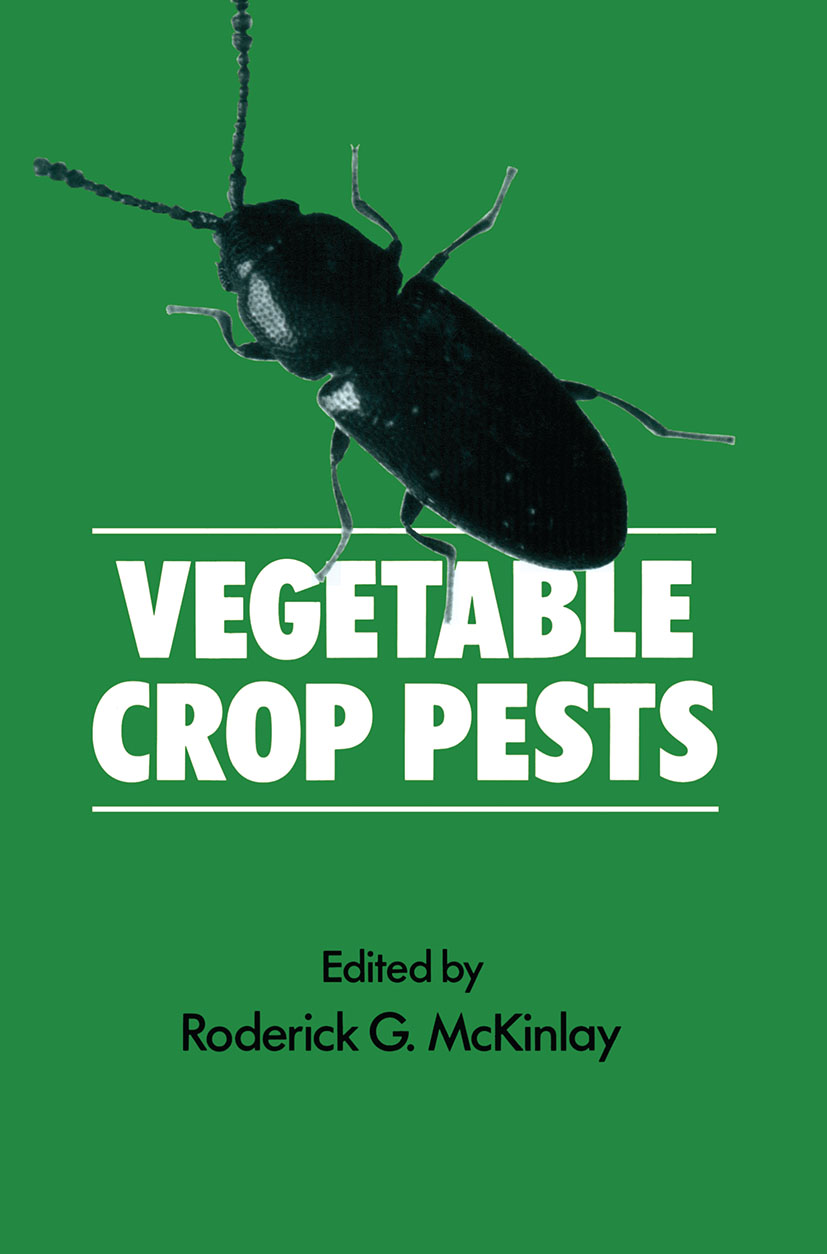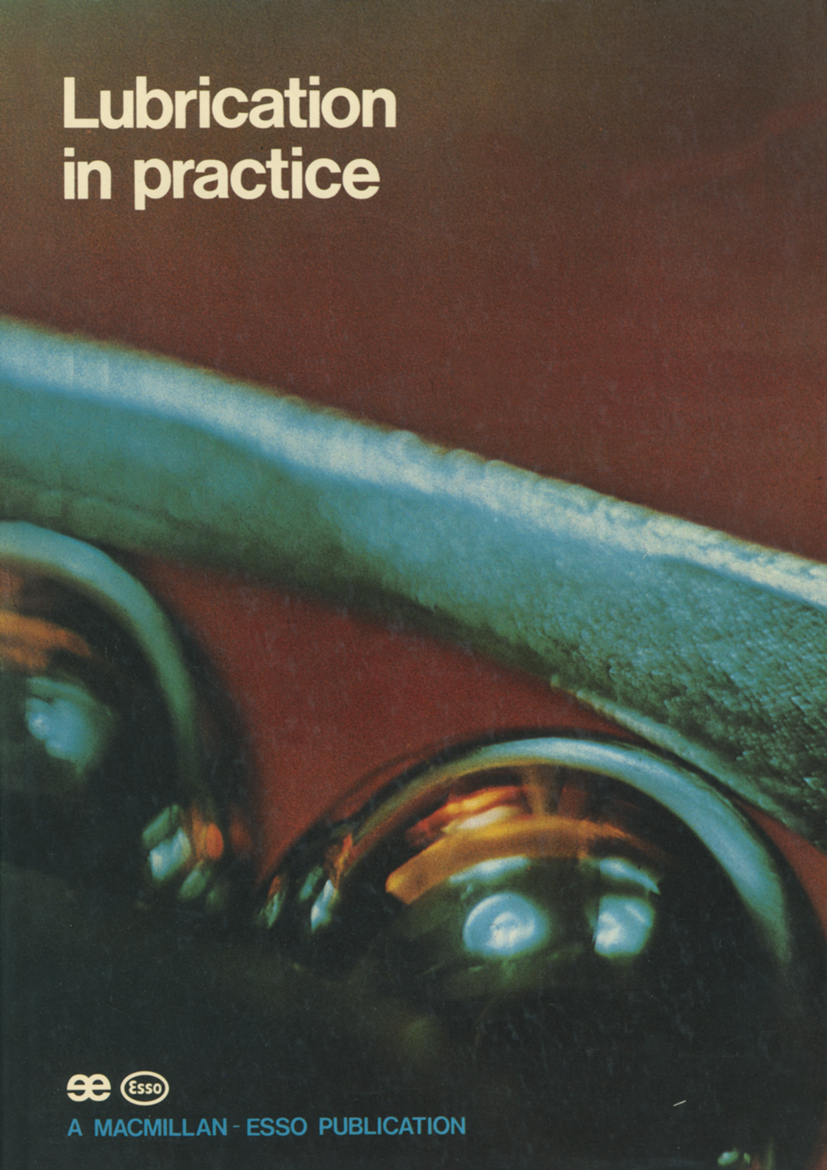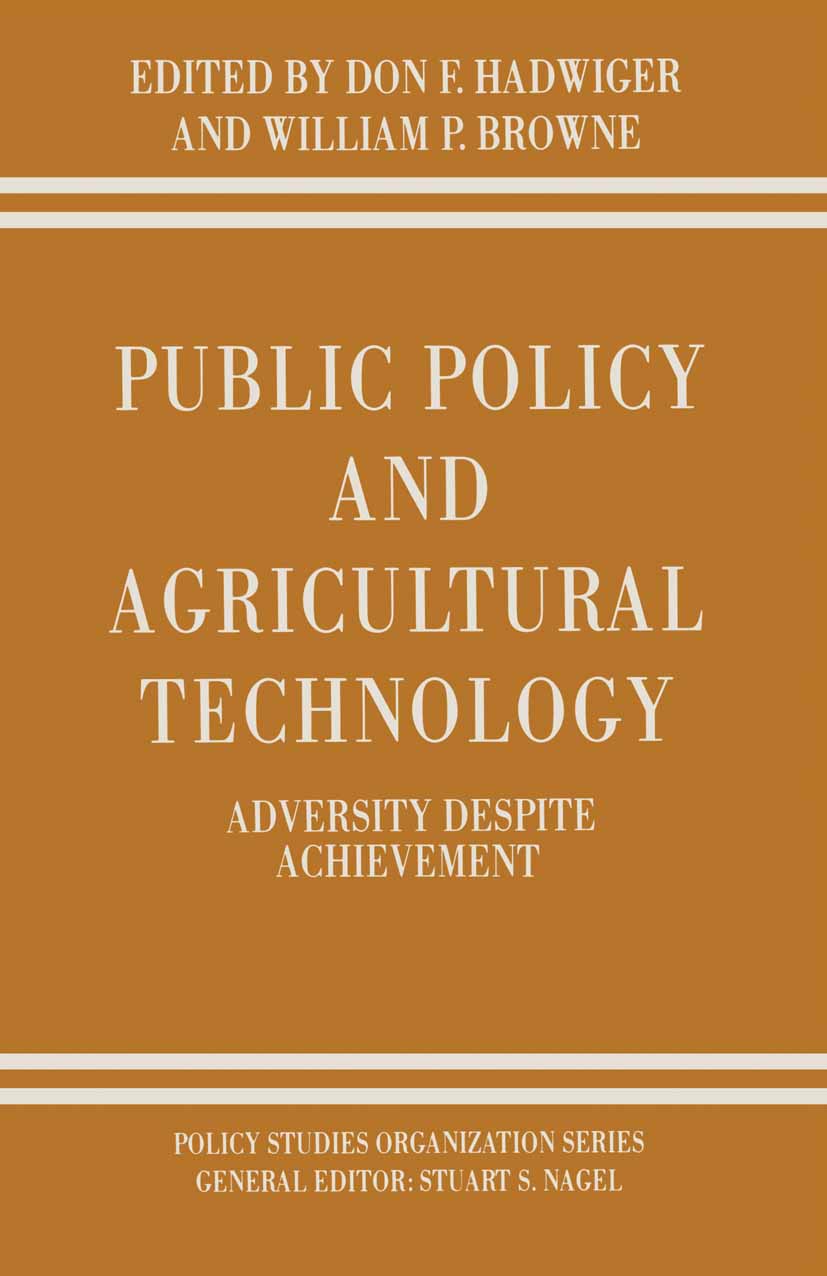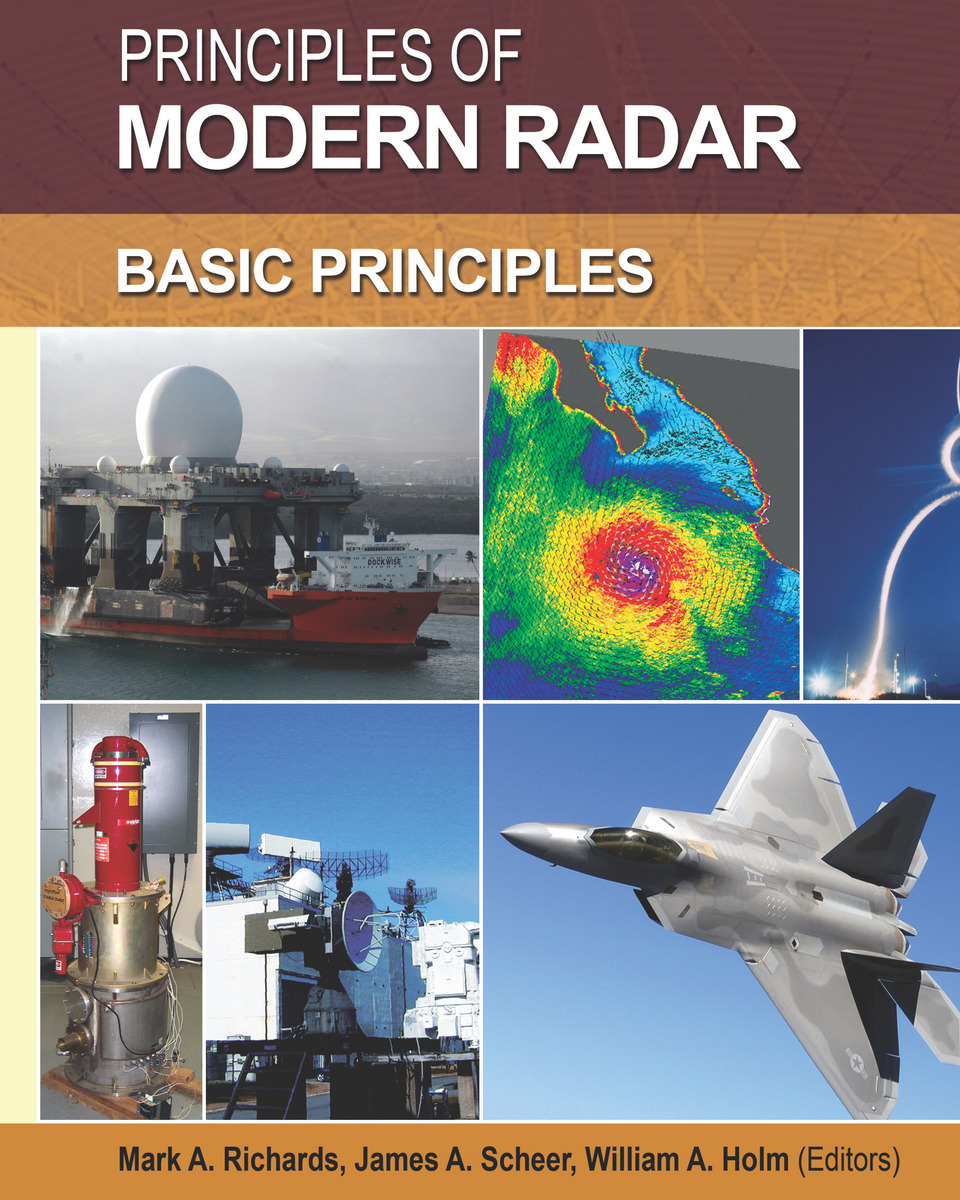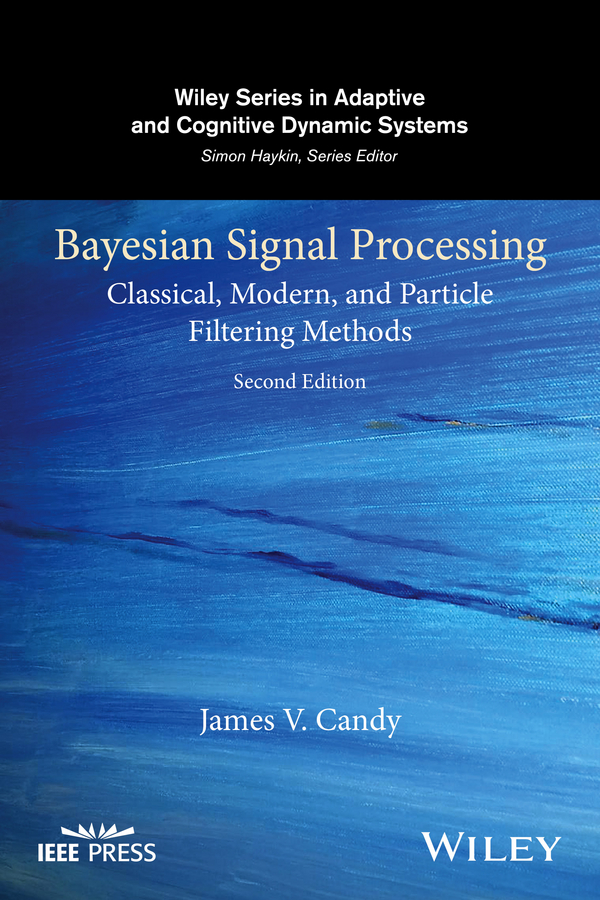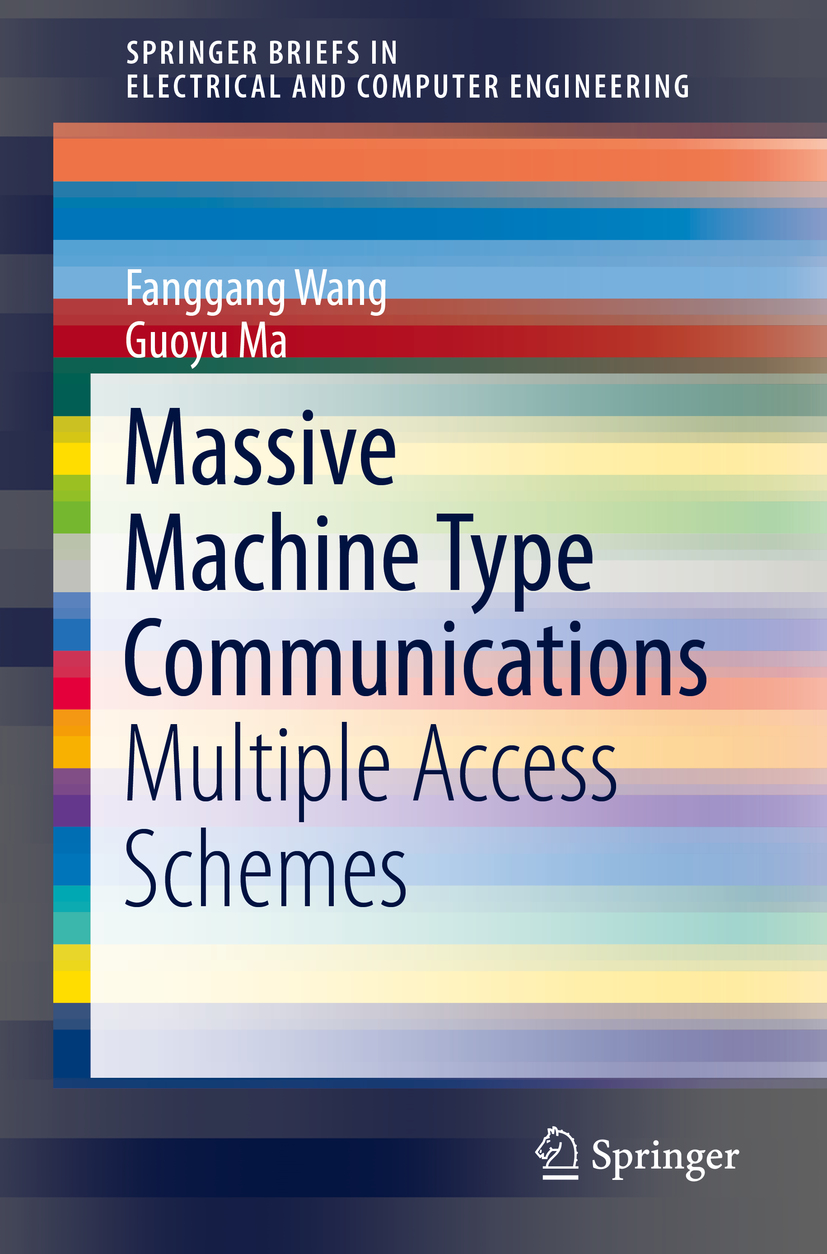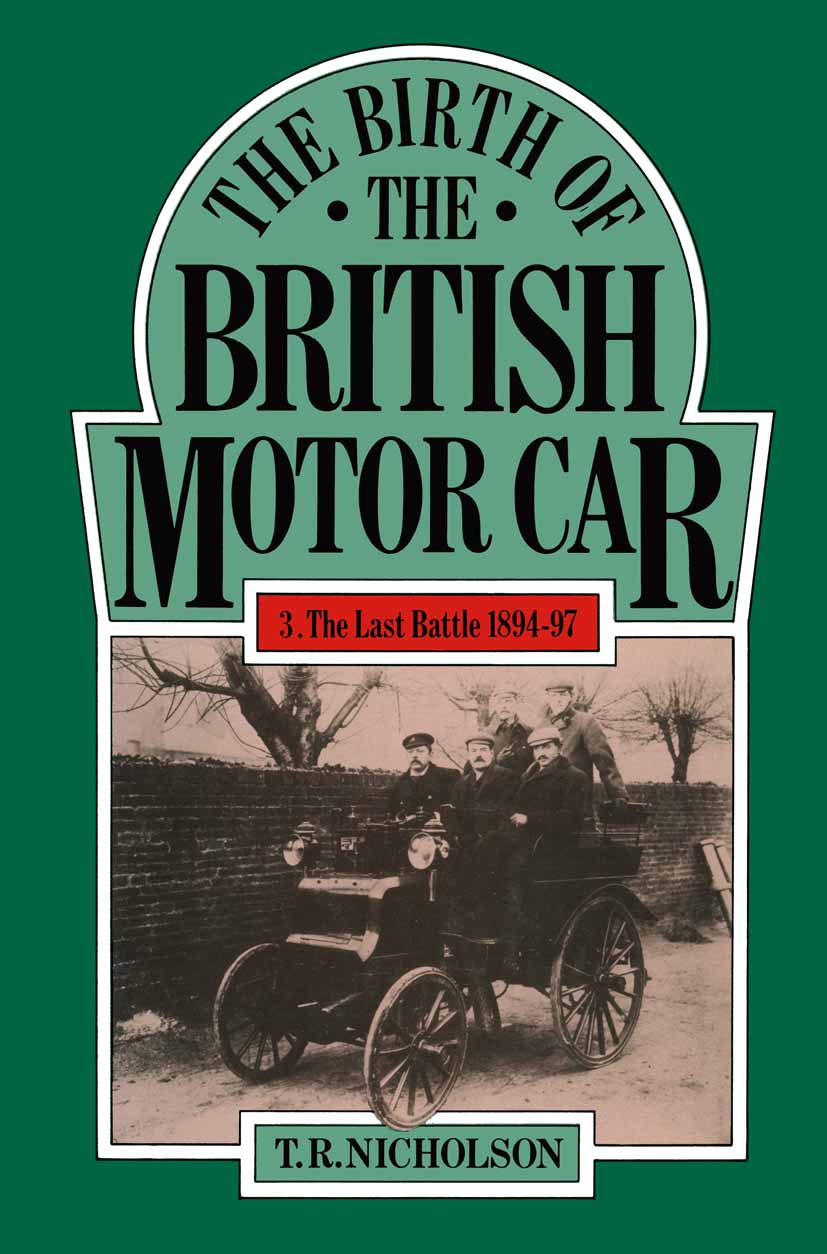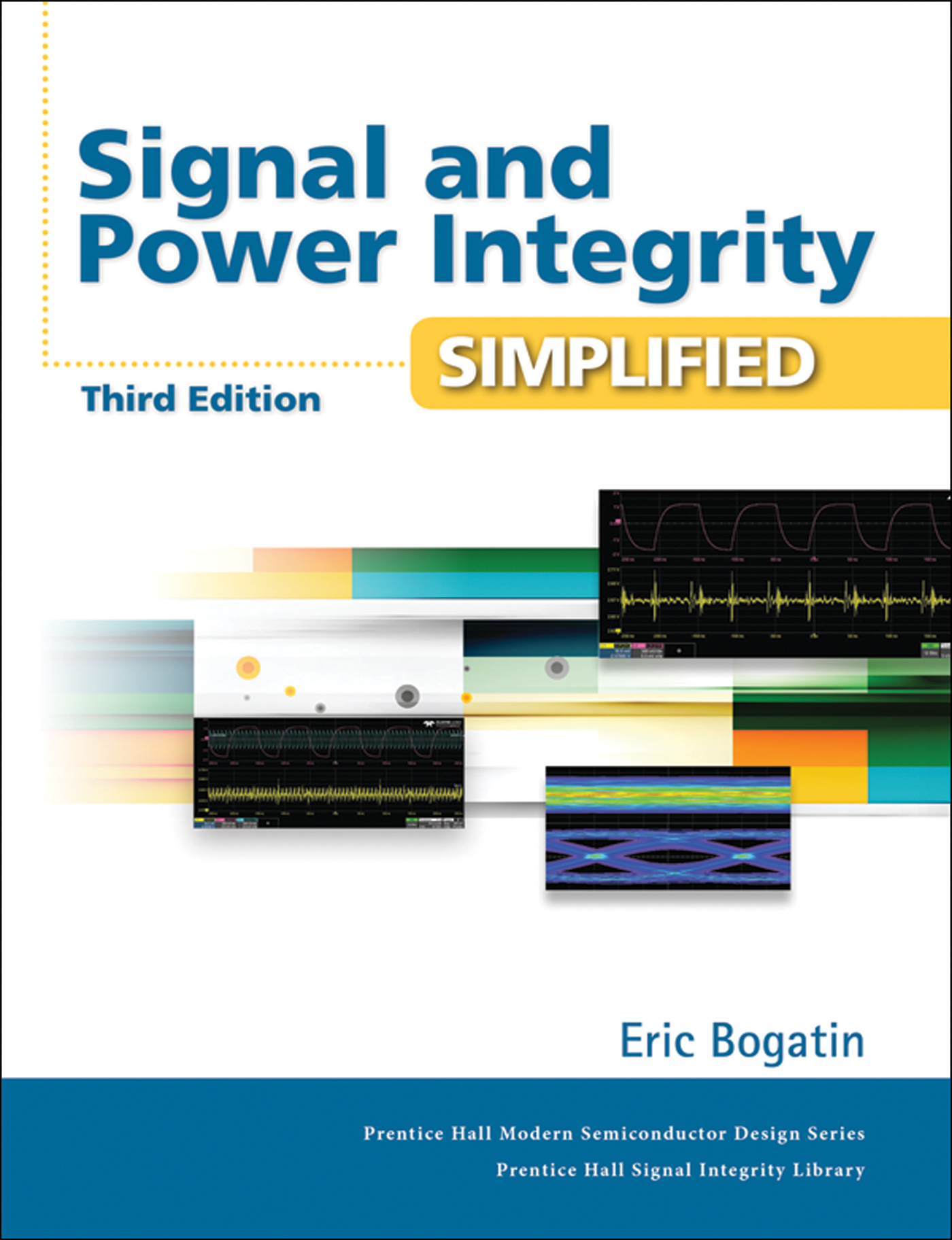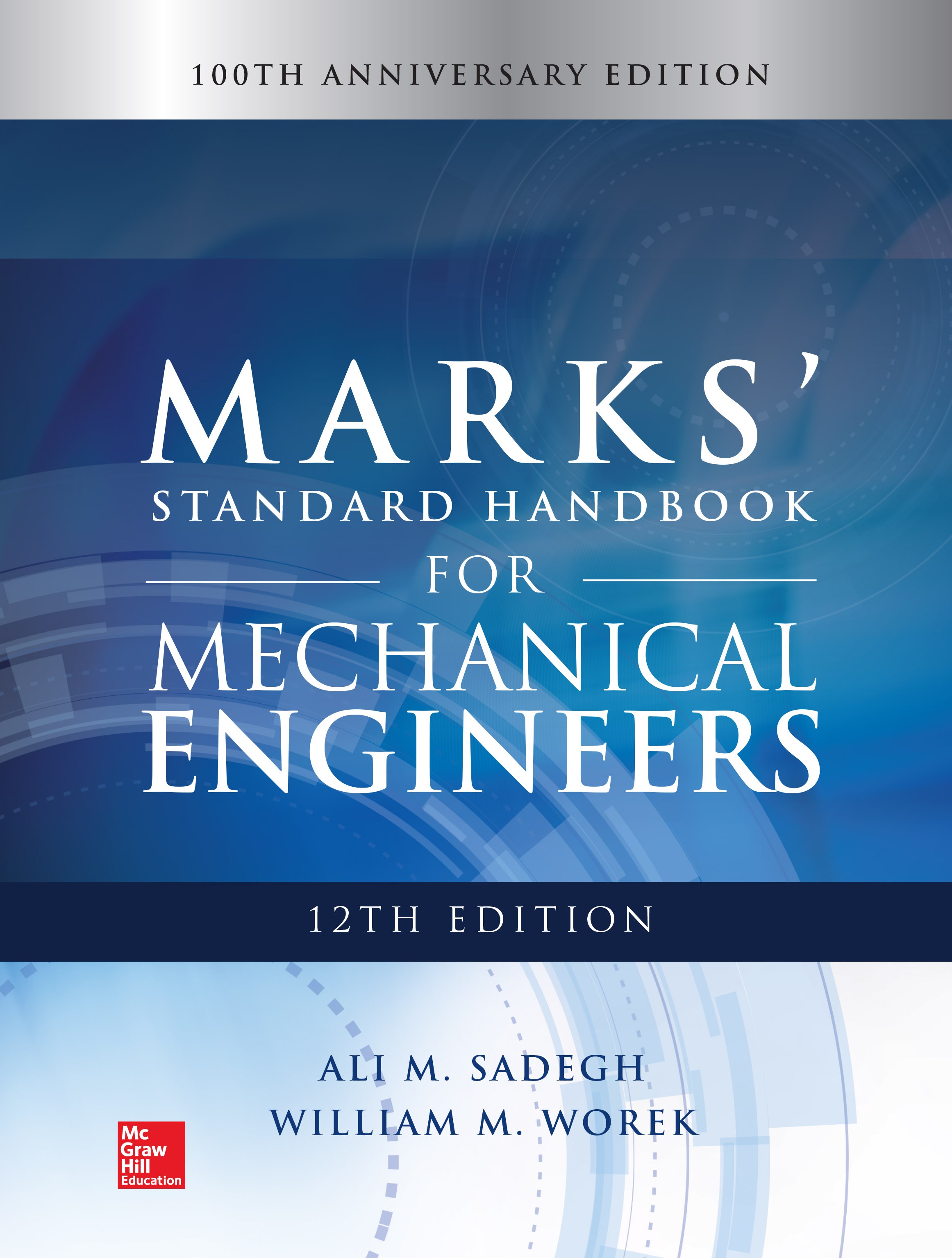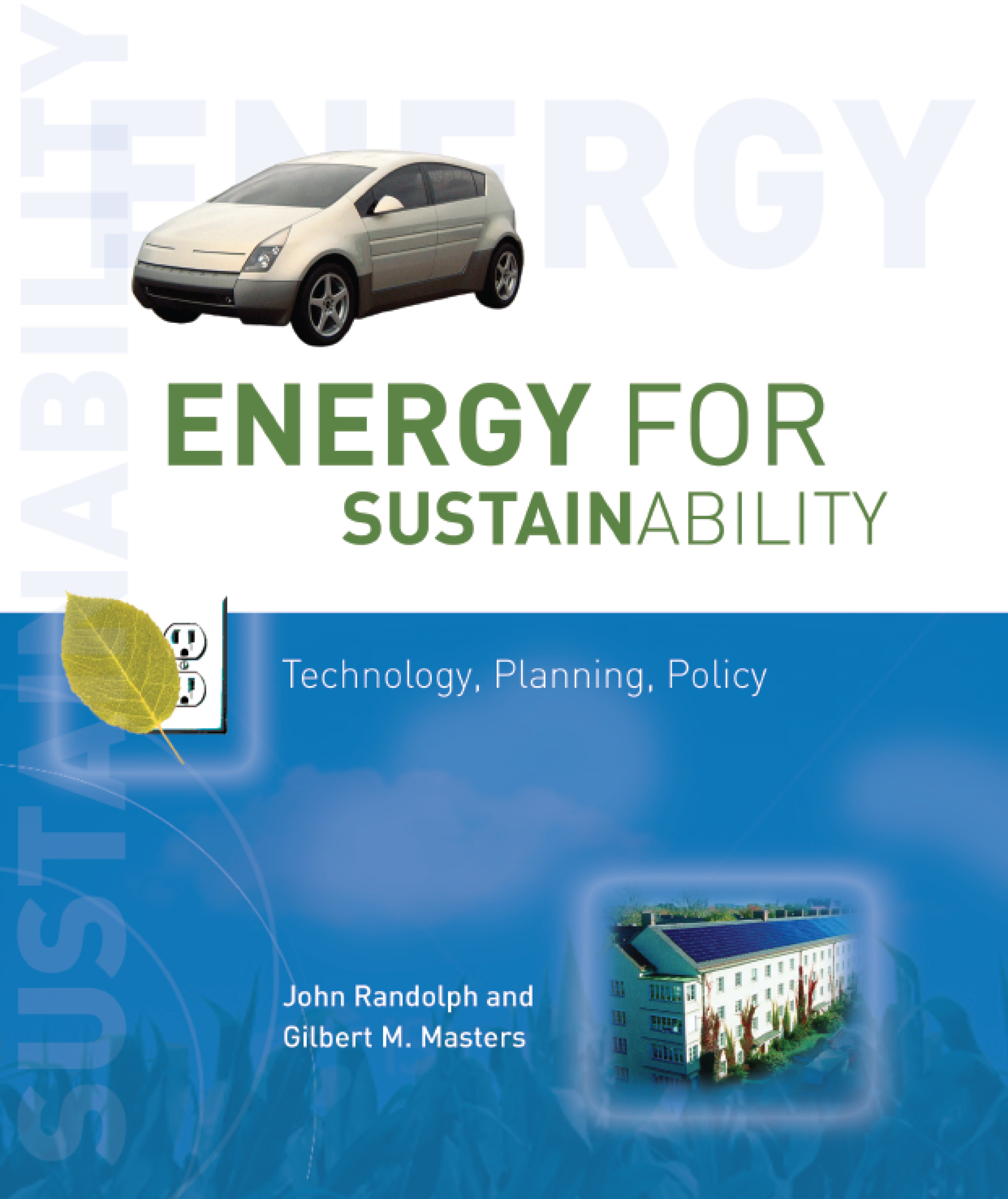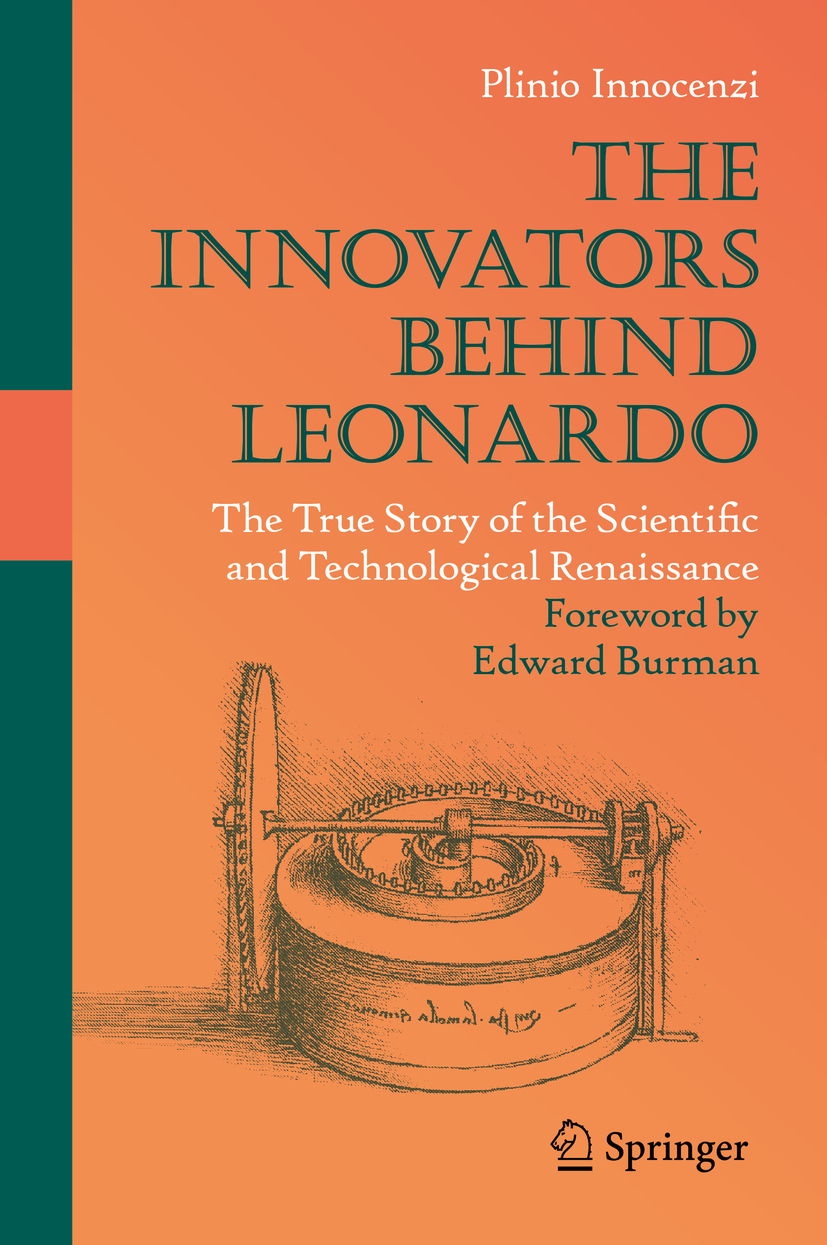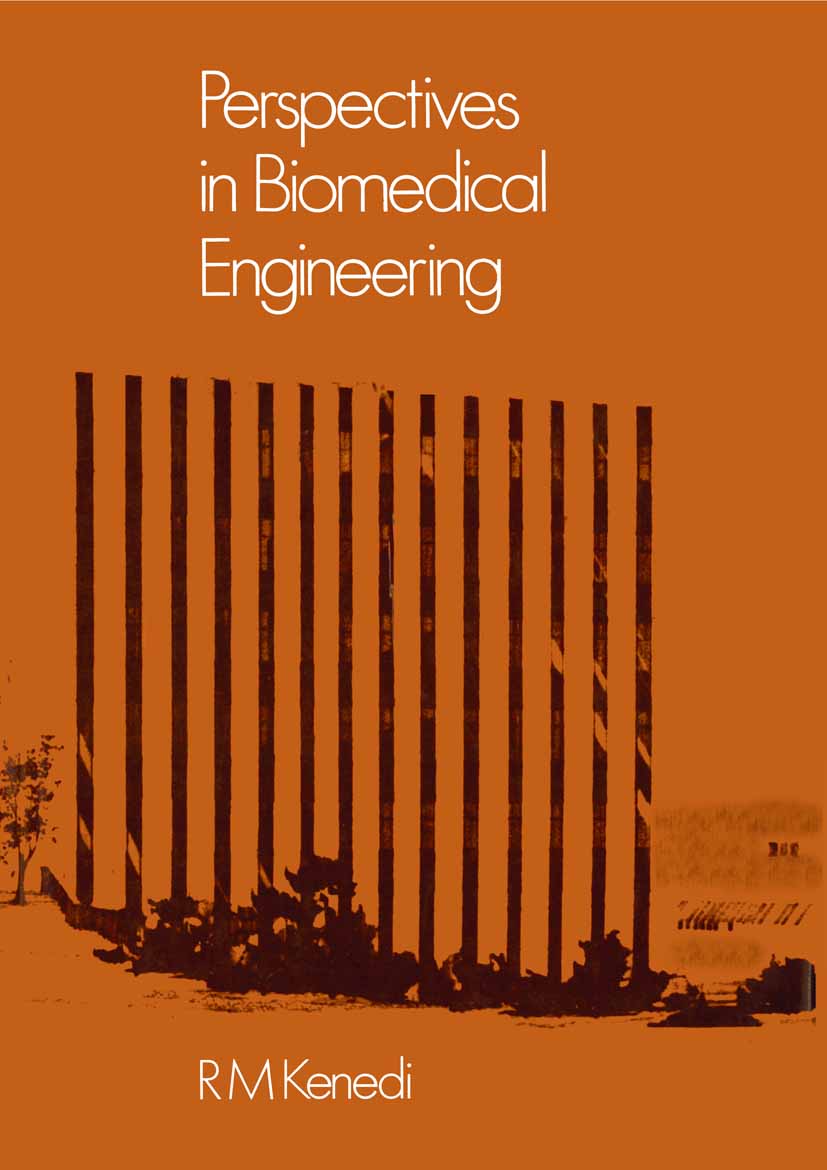Fluid Catalytic Cracking Handbook
by Gaurav Vashishit
2020-07-23 22:45:47
Fluid Catalytic Cracking Handbook
by Gaurav Vashishit
2020-07-23 22:45:47
Refineries vary by complexity; more complex refineries have much more secondary conversion capacity, which means that many types of oil products can be produced. Fluid catalytic cracking (FCC), a type of secondary unit operation, is mainly used in th...
Read more
Refineries vary by complexity; more complex refineries have much more secondary conversion capacity, which means that many types of oil products can be produced. Fluid catalytic cracking (FCC), a type of secondary unit operation, is mainly used in the refining process to produce more gasoline. Typical products include gasoline, butane, distillate and propane fuels. The catalyst is solid information like sand that is fluidized into the FCCU by the warm liquid and the vapor. Because of this fluidity, the catalyst can run between the reactor and the regenerator vessels in the FCCU. This book practical information and tools that engineers can use to capitalize on their fluid catalytic cracking operations profitability and reliability. This Handbook provides valuable easy-to-understand information both for inexperienced and experienced engineers and anyone related to the fluid catalytic cracking process. For the polymer industry, FCC currently produces the vast majority of the world's gasoline plus a crucial fraction of propylene. This handbook gives an overview of the latest trends in this specific field of investigation. These trends facilitate the processing of very heavy or perhaps very light crude oil fractions as well as the co-processing of biomass-based oxygenates with regular crude oil fractions and turn these more complex feedstocks into an increasing number of diesel fuels and propylene.
Less


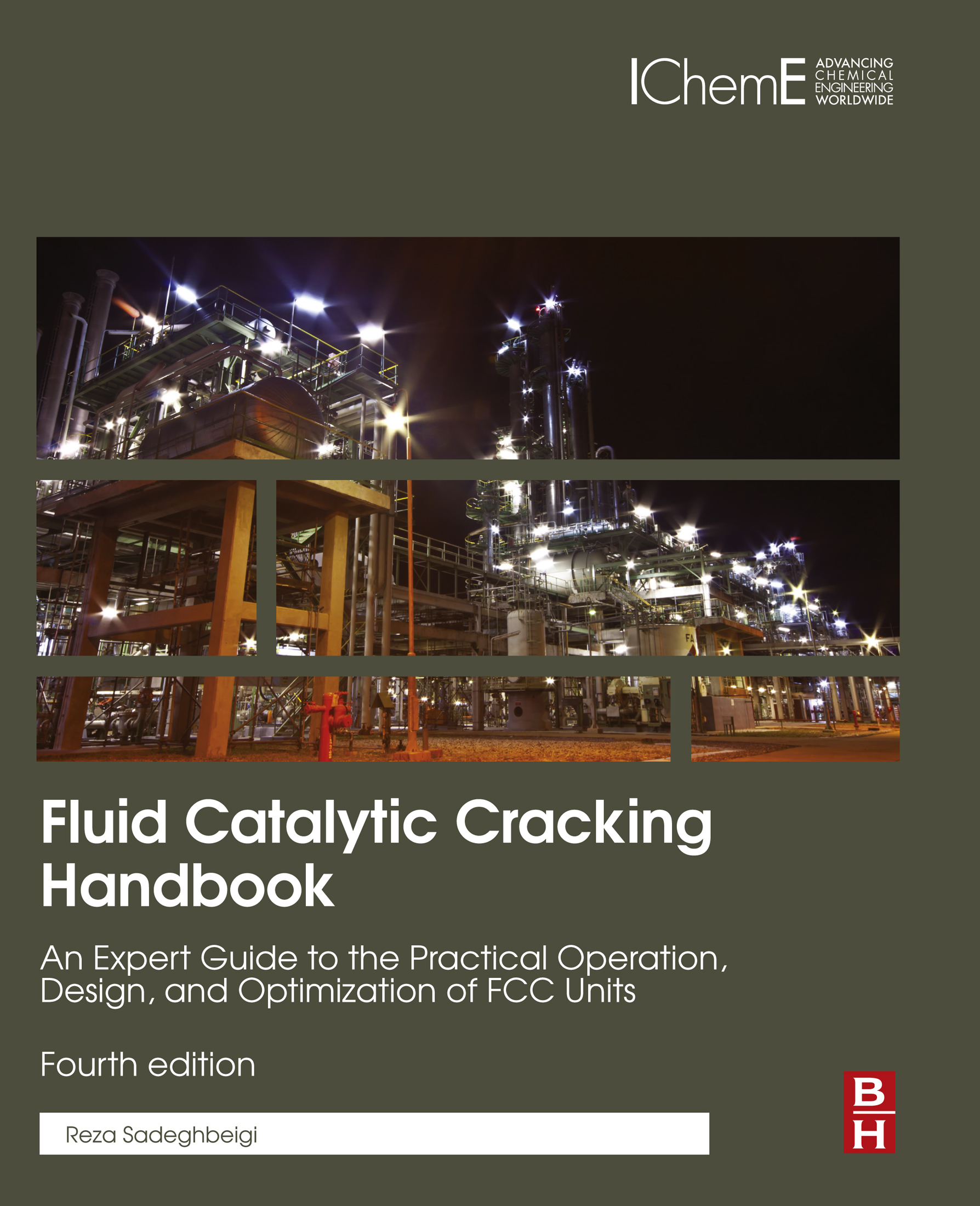


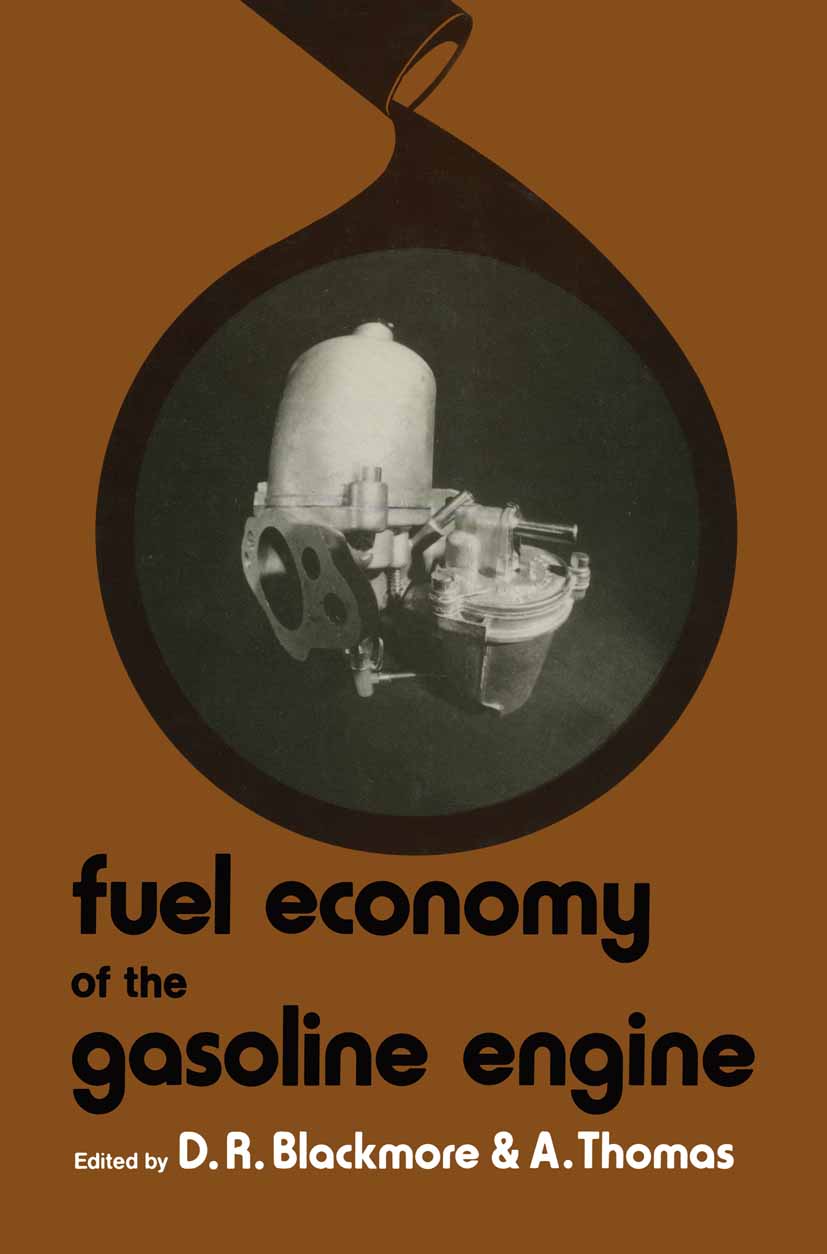

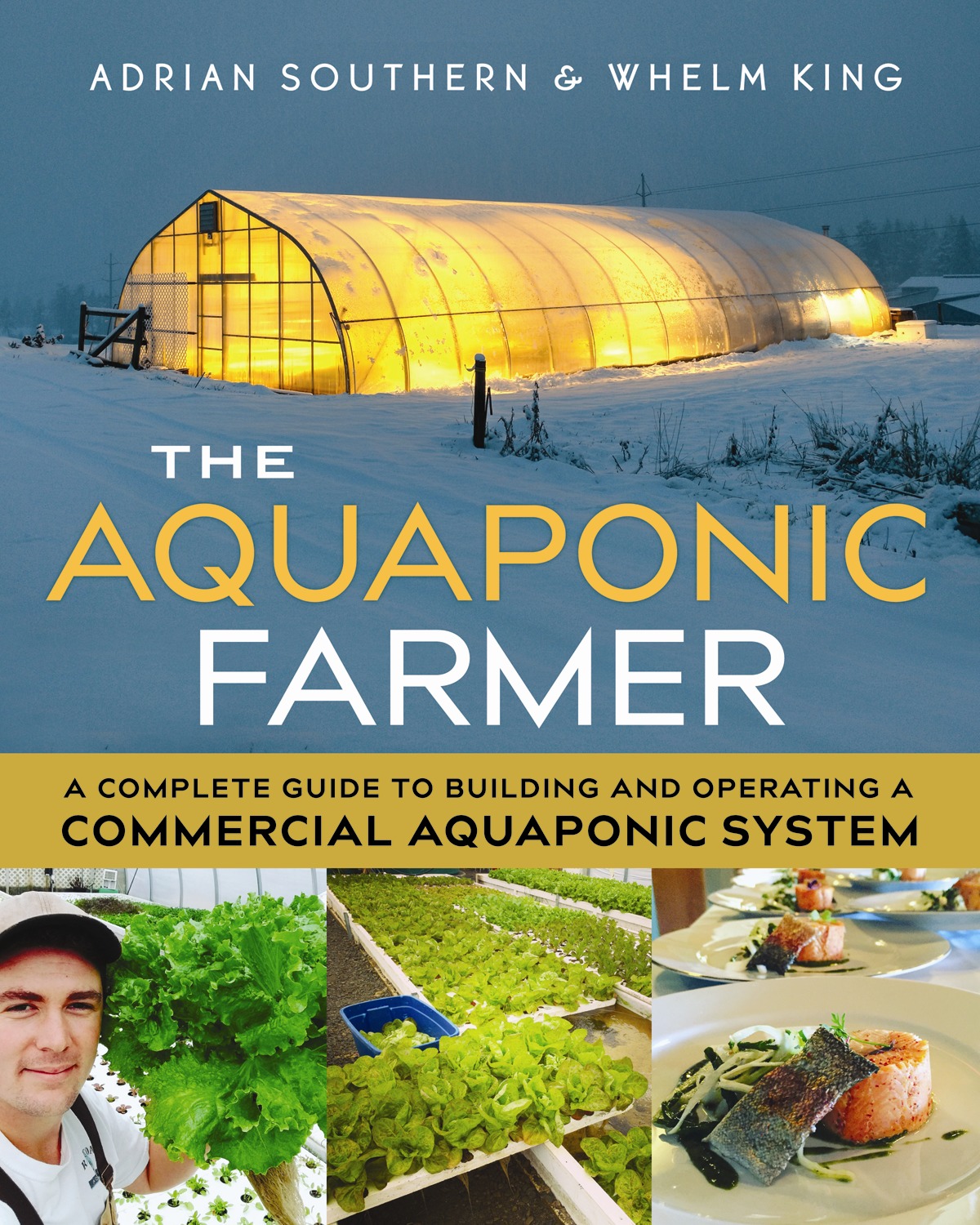

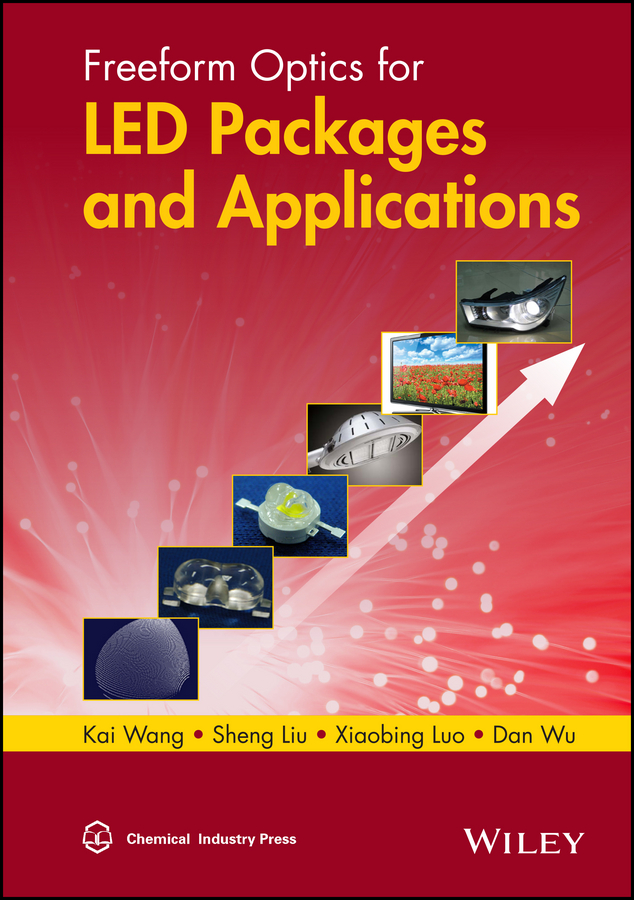
.jpg)
